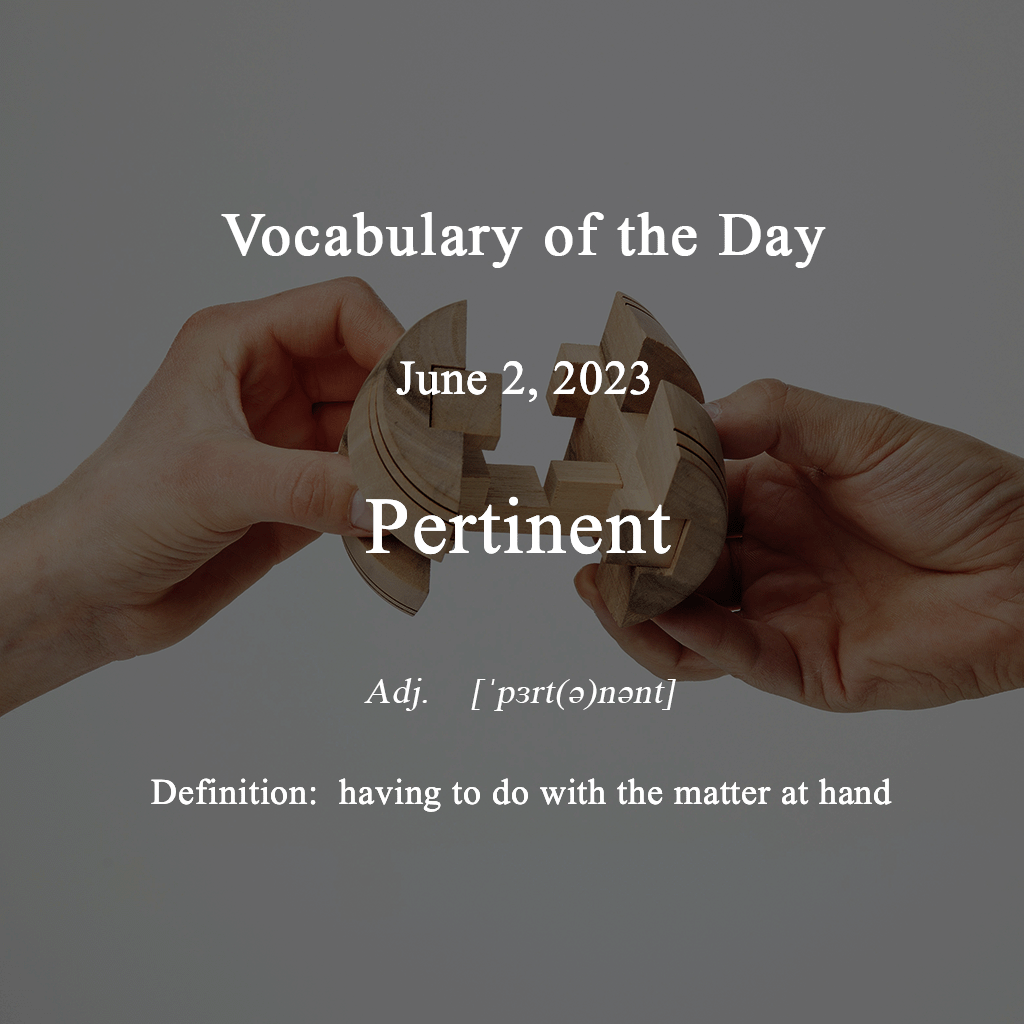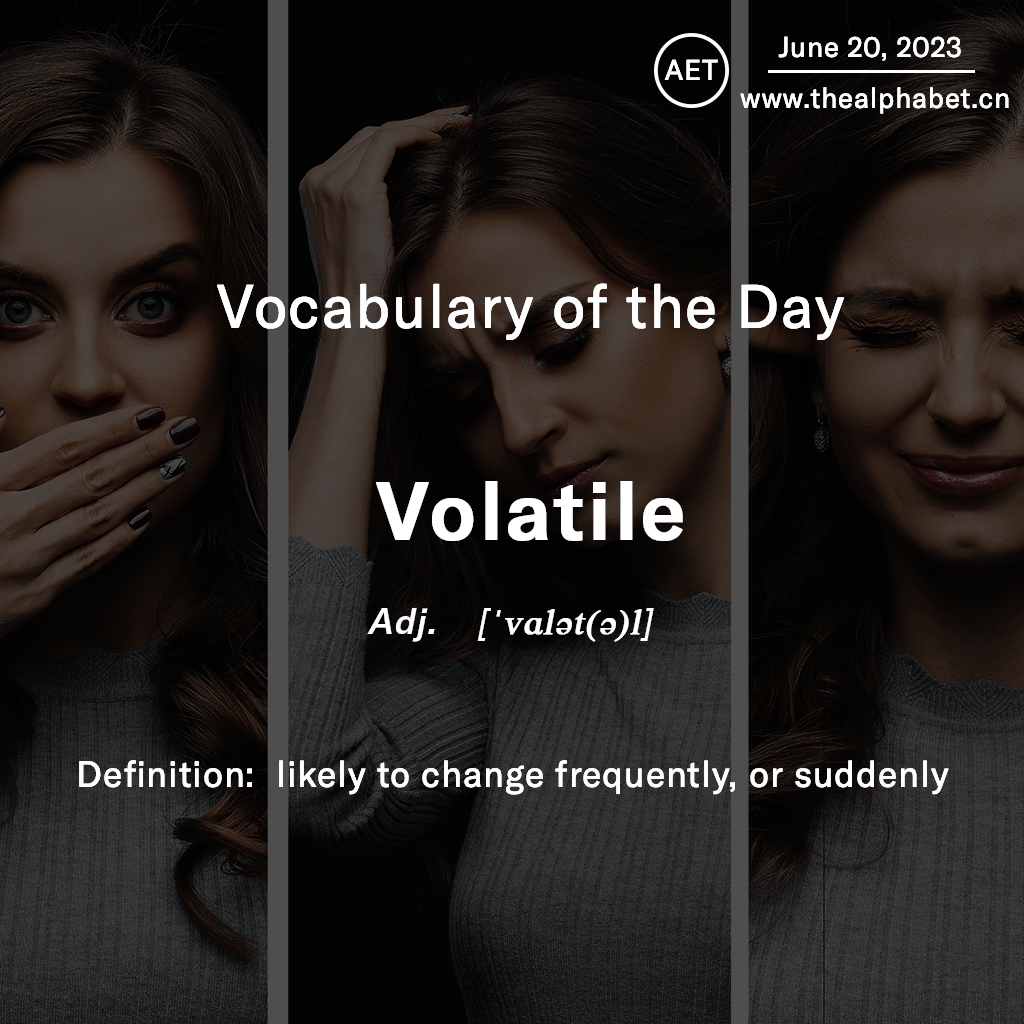
Image by Freepik
发音:[ˌpanɪˈdʒɪrɪk]
例句:
- The word panegyric can be a formal speech or writing that is used to describe a high-minded person.
- His name has been immortalized by an eloquent panegyric in the seventeenth canto of the Paradiso.
- He finds an opportunity to introduce an enthusiastic panegyric on the victories of Napoleon, closing with the question: “What could be more grand?”
- In a panegyric to his colleague, Mr. Brooks wrote in his New York Times column in December 2020 that “to this day Mark argues that politics is about looking for converts, not punishing heretics.”
解释:
- Panegyric这个单词为名词,其表示“a formal or elaborate praise”这一含义,即“颂词/颂文/赞辞“含义,与encomium/eulogy为近义词。该单词起源于panegyris,其表示古希腊时期为了纪念上帝而进行的集会。通常在这些集会上,会有演说家慷慨激扬地赞美诸神。后来,经过不断演化形成单词panegyric“赞美之词、颂词“这些含义。
- 具体使用场景如下:
- Last week, people from all walks of life in China expressed their sorrows about the death of former president Jiang zemin, and the People’s Daily wrote a long panegyric on his lives serving this country. (上周,中国各族人民表达了对前国家主席江泽民去世的哀悼。人民日报发表长篇社论,赞美其为国家服务的一生。)
—Politics - You can’t judge historical writings by the standards of our time. These writings were mostly panegyrics, written to glorify the leaders and rulers.(你不能用我们这个时代的标准来评判历史著作。这些著作大多是颂歌,是为了颂扬领袖和统治者而写的。)
—Arts



